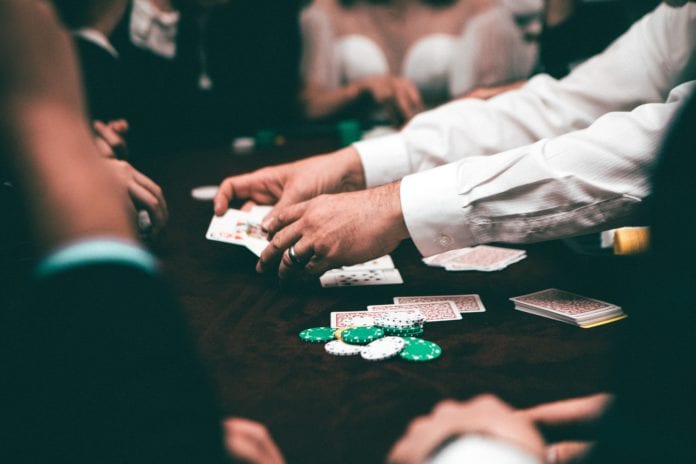Bluffing is paramount to the success of anyone playing real poker online. Whether you use it for every hand or in moderation throughout a game it is needed. However, bluffing isn’t exclusive to poker. There are plenty of everyday life situations where it can assist your day and overall life.
Embellishing the Truth
At the end of the day, poker players are essentially embellishing the truth when they vehemently back the strength of their hand when it’s not that good. There are plenty of instances in everyday life where this skill is useful. Whether you need to convince somebody to do something or if you’re sitting in a job interview talking up your prior skills and experience, having a poetic license with the truth can be very useful in such settings
Negotiating and Bluffing
Bluffing should be seen closely as negotiating. The two processes are very similar as you want another person to believe something for your benefit. Playing poker and bluffing should enhance your ability to get others to think as you think. Whether you’re in the midst of a business meeting where ongoing negotiations are at a standstill or whether you simply need to convince your significant other what takeaway cuisine to get tonight, you can use the same poker bluffing techniques to negotiate to your desired outcome.
Flat-out Lying
There are times when the phrase bluffing gets tested. When a player has an incredibly weak hand but continues to push it through a bluff, is it just a lie? There are certainly elements of it. Presenting a two and a seven as a strong hand…when it is most certainly not. While it is not commonplace to suggest lying there are instances as to when it can be useful in everyday life. White lies, as in those to protect others are well-known to complement everyday life. Another classic is to lie to your children about certain situations you’d rather not involve yourself in, ‘Oh of course we can visit the sweet shop on the way back’ but then never actually going back the same route, completely missing the sweet shop.
Reducing your Tells
Some poker players have involuntary tells when they bluff. This comes from when people try to lie. For some people, it just doesn’t come naturally to them. Examples include a consistent motion, i.e. touching one’s ears when they’ve bluffed. However, some unfortunate people feel ill when they have a life and there are some cases of people being physically sick after doing so. Experienced poker players who bluff enough have been able to reduce their bluffs if not eliminate them from their game with enough time. With more and more exposure to bluffing you too might be able to reduce your tells both at the table and in everyday life.
Mixing Bluffing with Honest Communication
The reason that best poker players have so much success with bluffing is that they can mix it in with their ‘honest plays’. The elite ones ensure that all of their play appears seamless in their communication. Not even the best bluffer in Las Vegas can do it for every round at the table as everyone would know they bluff. In the real world, it is important not to bluff as people may think that you lack integrity or authenticity. This is especially important in the workplace – as don’t want a reputation as the person who is always embellishing or bending the truth.
Knowing When and When Not to Bluff
The very best poker players understand exactly when and when not to bluff. Assessing the actual strength of their hand with the performance of their opponents, allows them to make an informed decision on whether a bluff will be beneficial or not. This skillset of knowing when to execute bluffs (and when to reserve it) will complement everyday tasks as to when it will be beneficial. One of the most pertinent comparatives is to assess who is playing with or who is communicating with. If you’re playing with a storied bluff-catching poker player, it might not be a successful venture. Equally, if you’re board meeting has a strict authority figure who only deals in facts and figures, embellishing statistical data might not be a fruitful avenue. Using your poker smarts to know when to bluff and not to do so will hold a lot of success in both poker and the outside world. Of course, knowing when exactly to time your bluff also comes under this topic as you can time a bluff (in both worlds) for the best effect, whether it is when your opponent is coming off a bad beat or when your business rival is susceptible to influence, it’s important to use the bluff at the right time.












